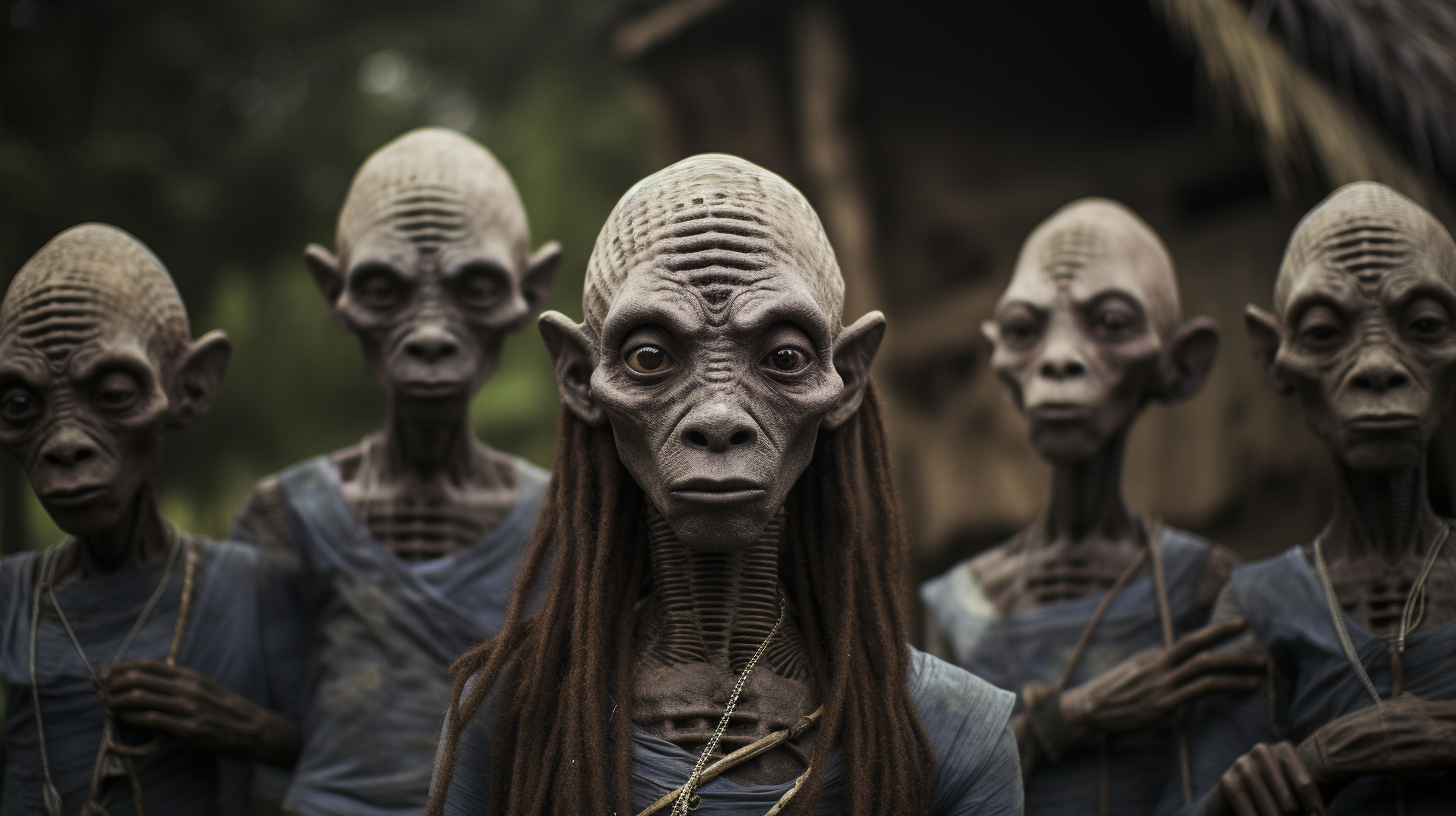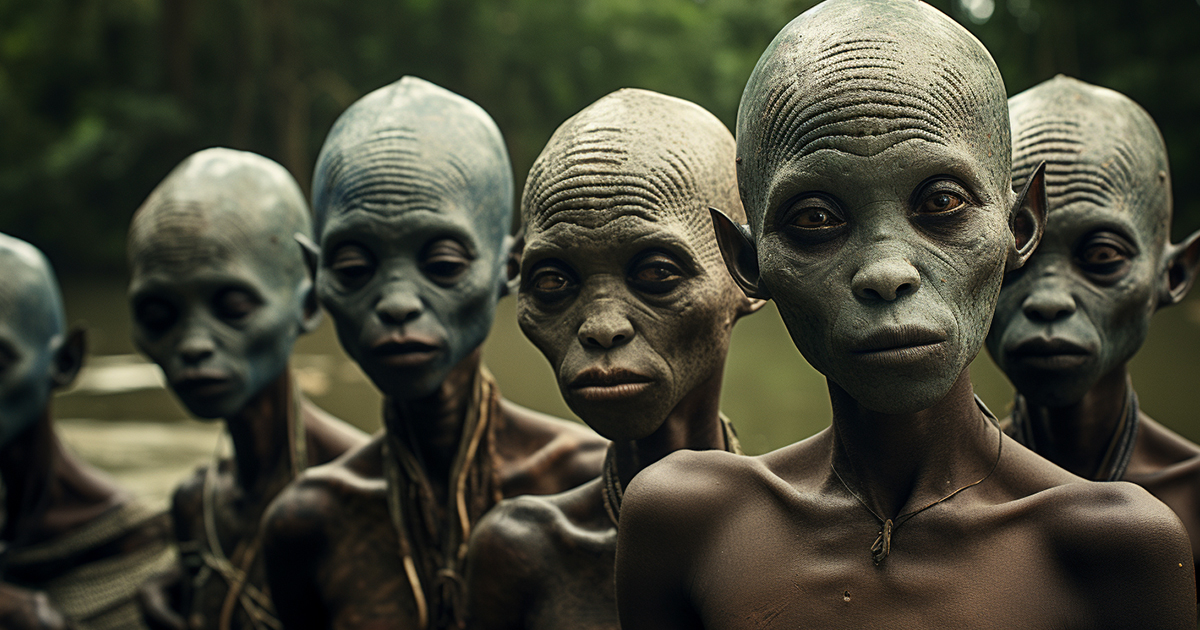In the heart of the Kingdom of Congo, circa 1482, Portuguese explorer Diogo Cao embarked on a journey that would eventually lead to a remarkable encounter with a civilization deeply rooted in its traditions and beliefs.
What began as a voyage into the unknown soon unfolded into a complex narrative involving the clash of cultures, religious conversions, and the intriguing concept of multiple souls.
Cao’s arrival in the dense rainforests of the Congo marked the beginning of European exploration in the region. His findings prompted the dispatch of waves of missionaries from Portugal, carrying with them the mission to convert the local tribes from their ancient Vodun faith to Catholicism.
This religious transformation was more than a simple conversion; it was part of a broader European endeavor that aimed to not only acquire land, wealth, and labor but also to gain souls for the Catholic Church.
Over the course of a century, European missionaries succeeded in Christianizing the Kingdom of Congo, rewriting the indigenous belief in a sky god creating Earth and its inhabitants with the Catholic origin story.
However, amidst the conversion, an intriguing aspect of the locals’ belief persisted—an idea shared with the ancient Egyptians that humans possess more than one soul.

In this dualistic view, individuals were believed to possess both a “big soul” and a “little soul.” The former represented personality and identity, while the latter was a basic animating force, often referred to as a lesser angel and a greater angel.
Upon death, the lesser angel remained with the body, bewildered, while the greater angel departed.
As Christianity took root, traditional bokors, or witch doctors, were compelled to perform Vodun rituals in secret. European missionaries were astounded to hear tales of these witch doctors raising the dead through ancient rituals and traditional knowledge, creating beings referred to as zombies. These zombies were believed to possess only the animating soul, lacking personality and emotions.
The perplexing question arises: Could these stories hold some grain of truth? Could they provide evidence that both the ancient Egyptians and the Congo tribes were onto something with their belief in the division of consciousness into distinct parts?
The mystery deepens when we ponder how witch doctors from centuries ago, devoid of modern technology, could possibly reanimate the dead, reviving only the aspect of the soul responsible for animating the physical body.
Ancient astronaut theorists propose a fascinating hypothesis, suggesting that the roots of voodoo magic trace back to sky gods and their emissaries known as orishas or loas. These divine messengers, according to lore, arrived from the sky in peculiar crafts, depicted in old carvings with elongated skulls.
Could these African sky gods have been extraterrestrials who not only imparted knowledge of the soul but also the secrets of resurrecting the dead?
The tale unfolds further, suggesting that over time, the original teachings of these celestial beings may have been lost. Sorcerers and magicians in Africa and elsewhere attempted to mimic what the extraterrestrials had done, achieving a limited degree of success—creating zombies.
Yet, the source of this knowledge remains clear: it originated with celestial beings.
Video:
In this complex narrative of cultural exchange, religious conversion, and ancient beliefs, we find ourselves pondering the possibility that our understanding of consciousness and the resurrection of the dead may have roots in encounters with otherworldly entities. As we explore these enigmatic threads of history, we are left with more questions than answers, reminding us of the richness and depth of human beliefs and the mysteries that continue to captivate our imagination.

23 thoughts on “Deciphering the Enigma: Ancient Aliens and Zombie Resurrection in History”
Comments are closed.